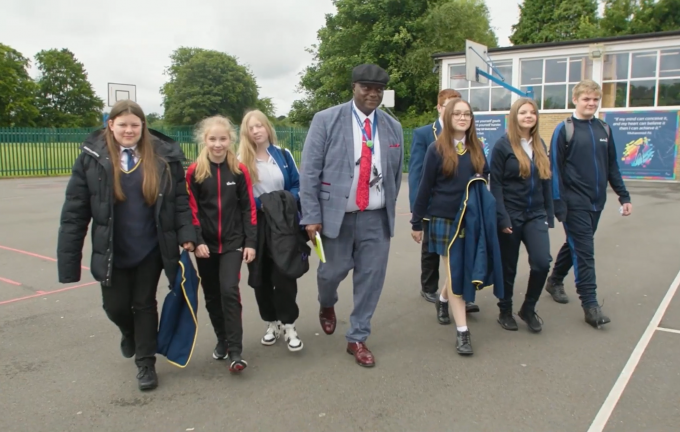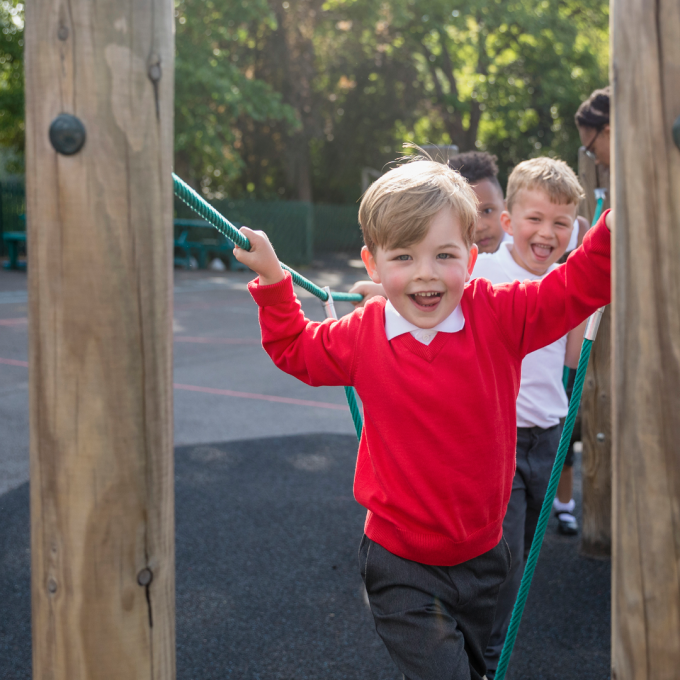Family Thrive is a short course that schools run for parents and carers to help them understand the Thrive Approach and how it makes a difference to the wellbeing of children – and therefore the whole family.
Family Thrive offers families simple strategies and activities that help build positive relationships with children, ensuring that there is a common approach to wellbeing and relationships at home and at school. But why is this so important and what benefits does it bring?
More likely to succeed
AttainmentWhen schools and families work together, pupils are more likely to succeed academically, socially, and emotionally. Positive family/school relationships contribute to better attendance, higher grades, improved behavior, and increased motivation to learn. Families provide vital support and reinforcement of learning at home, which complements and extends the work done in the classroom.
Communication and engagementBuilding positive relationships with families promotes open and effective communication between schools and parents. Regular and meaningful communication helps parents stay informed about their child's progress, school activities, and upcoming events. It also allows parents to share important information about their child's needs, interests, and concerns. Engaged families are more likely to be involved in their child's education, attend parents’ evenings and actively participate in school events and activities.
Positive relationships
Collaborative problem-solvingWhen schools and families establish positive relationships, they create a foundation for collaborative problem-solving. Working together, they can address challenges and find solutions that best meet the needs of the students. Families can provide valuable insights into their child's strengths, weaknesses, and learning styles, which can inform instructional strategies and interventions. By involving families in decision-making processes, schools can create a sense of shared responsibility and ownership, leading to more effective and sustainable solutions.
InclusionPositive relationships with families help schools to better understand and appreciate the diverse cultural backgrounds, languages, and experiences of their pupils. By valuing and respecting the cultural perspectives and practices of families, schools can create inclusive environments where all children and young people feel welcome, respected, and understood. This fosters a sense of belonging and enhances educational experiences for pupils from different backgrounds.
Partnerships between schools and families
Community buildingSchools that actively engage with families contribute to building a strong sense of community. When families feel connected to their children’s school, they are more likely to support its initiatives, volunteer their time and expertise, and participate in school-wide events. These partnerships between schools and families extend beyond the academic realm, benefiting the entire community and promoting a positive and supportive educational environment.
Over to you
If you'd like to build trusting relationships with families, support parents to better understand the work you are doing with their children and help them to see behaviour through a different lens, click here to learn more about Family Thrive and book your course while there are still spaces available.



_680.jpg)
(1)(1)(1)_680.jpg)
